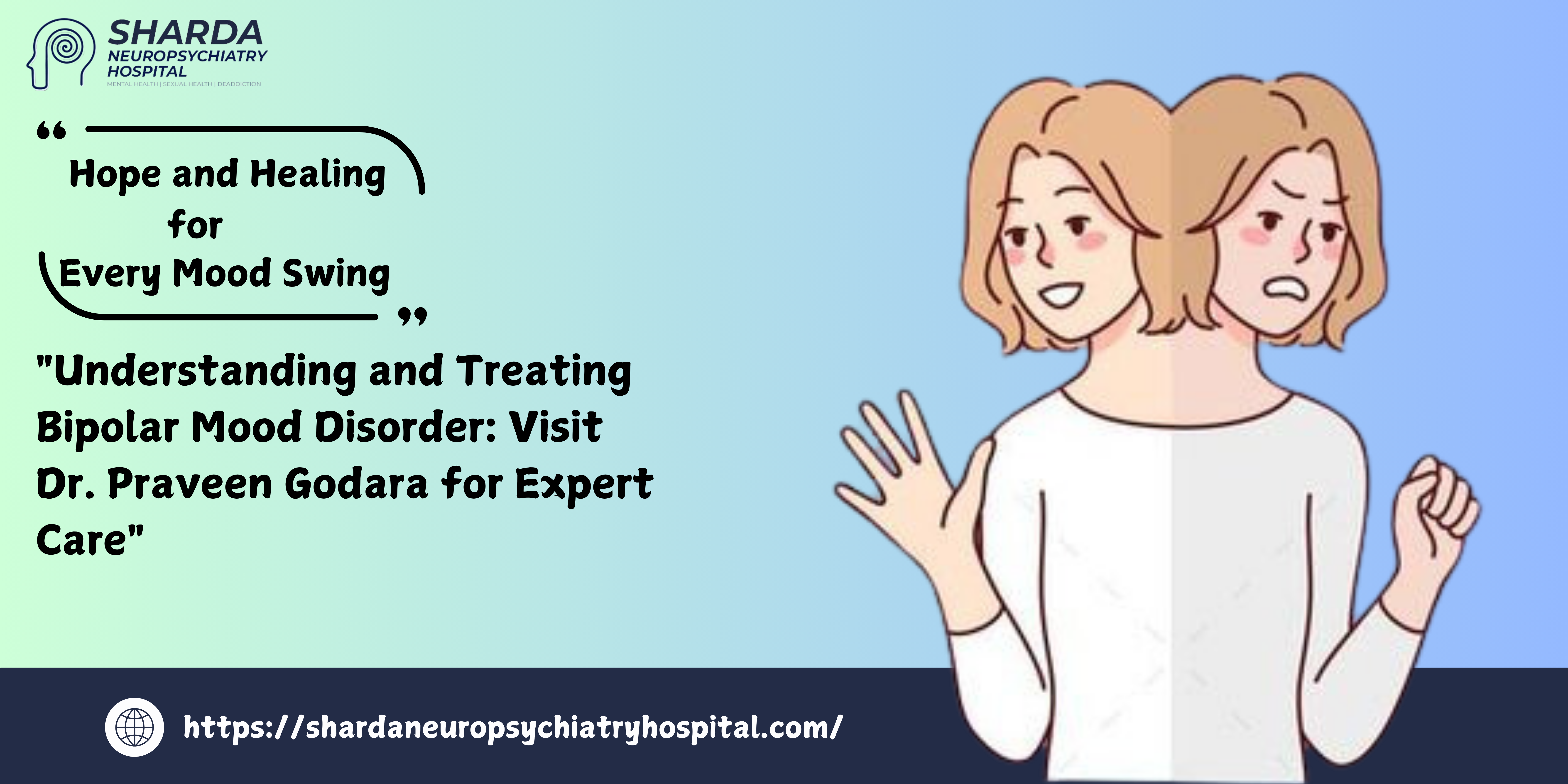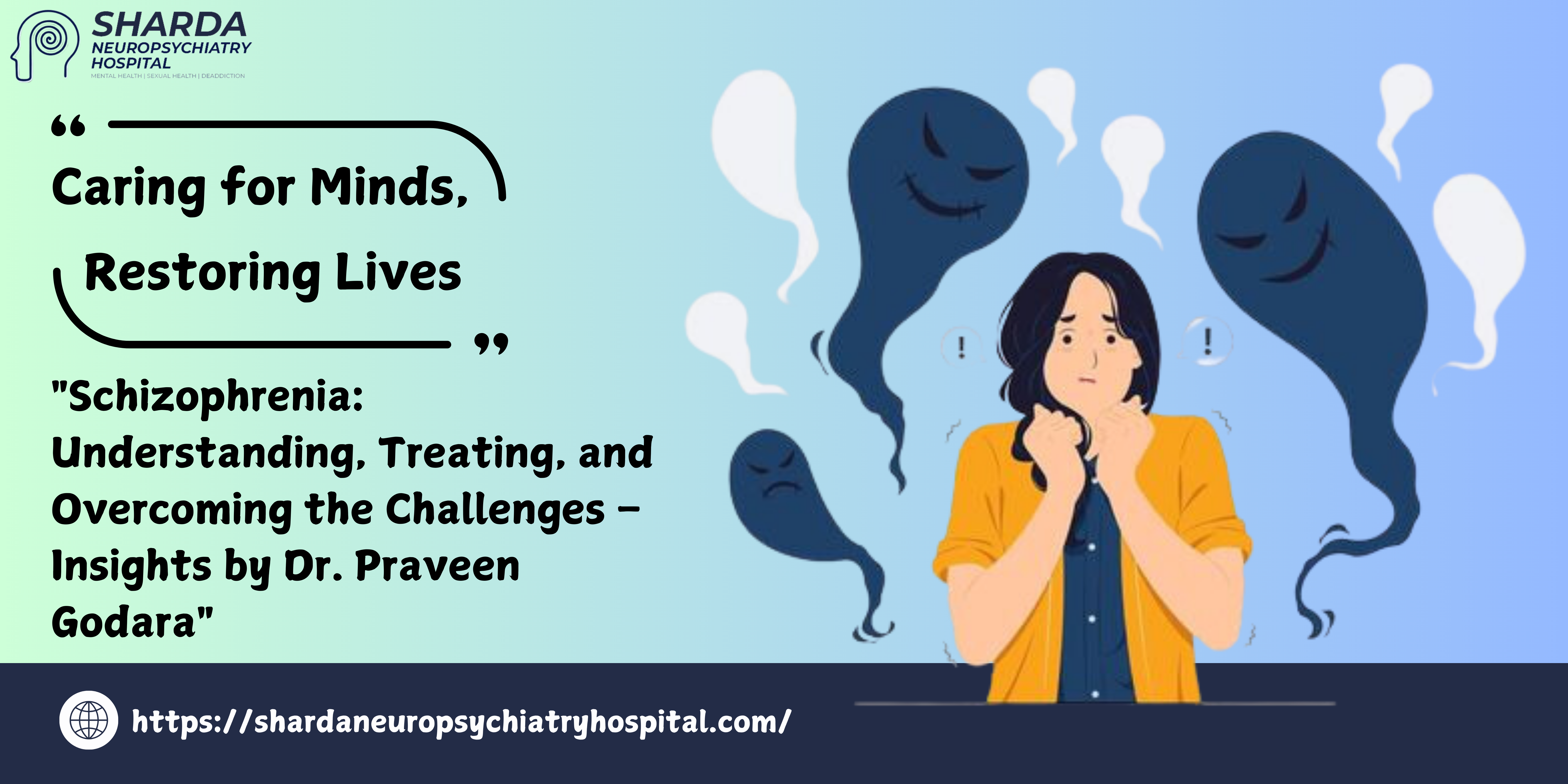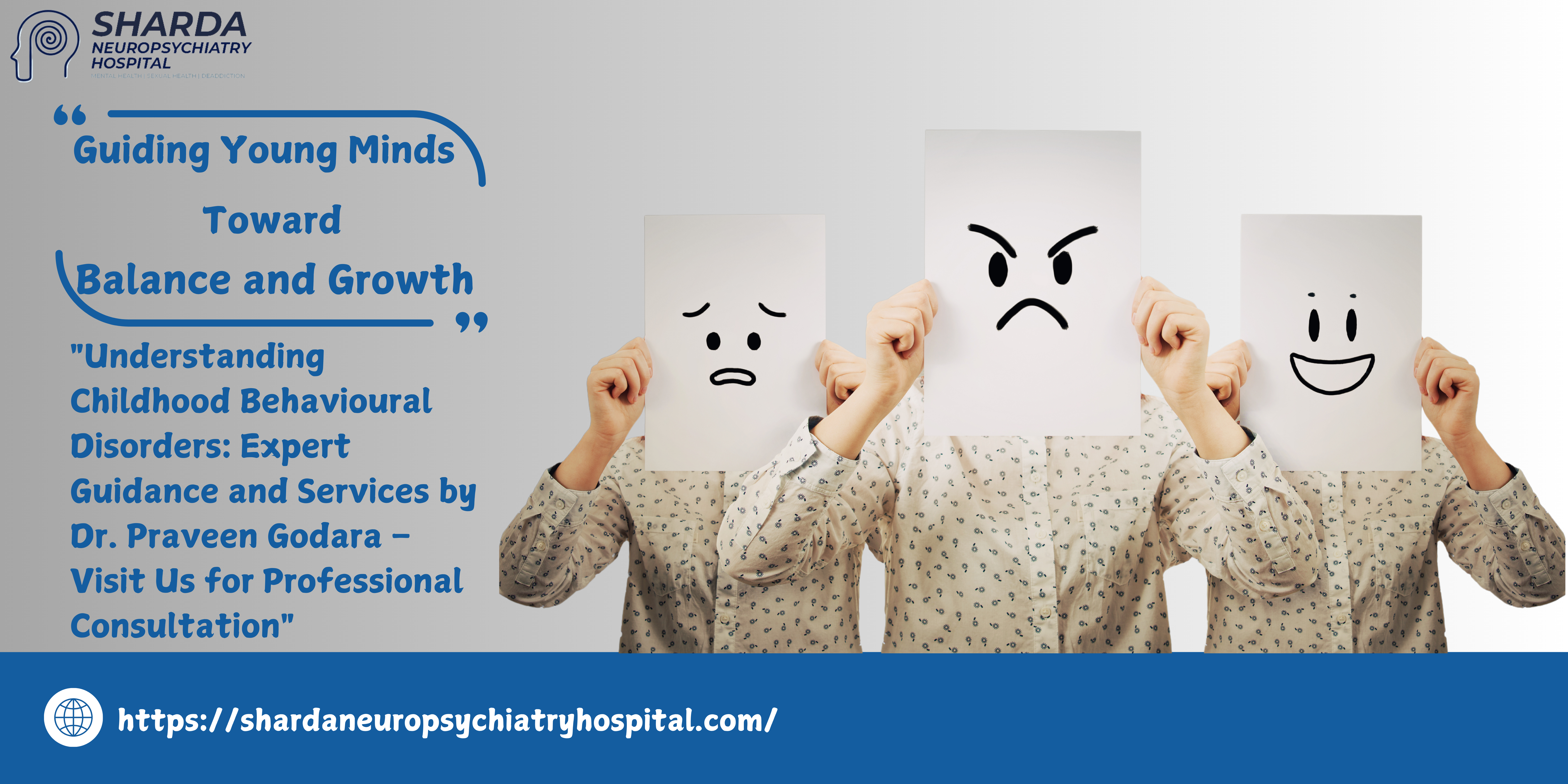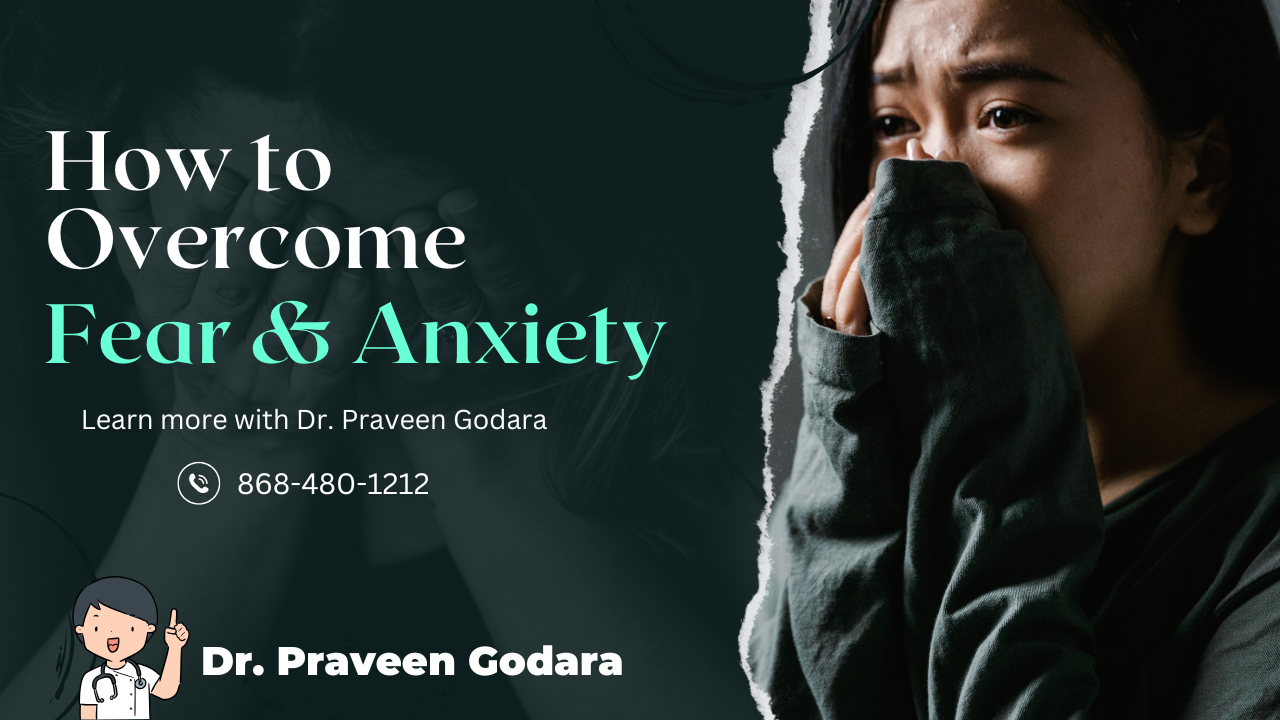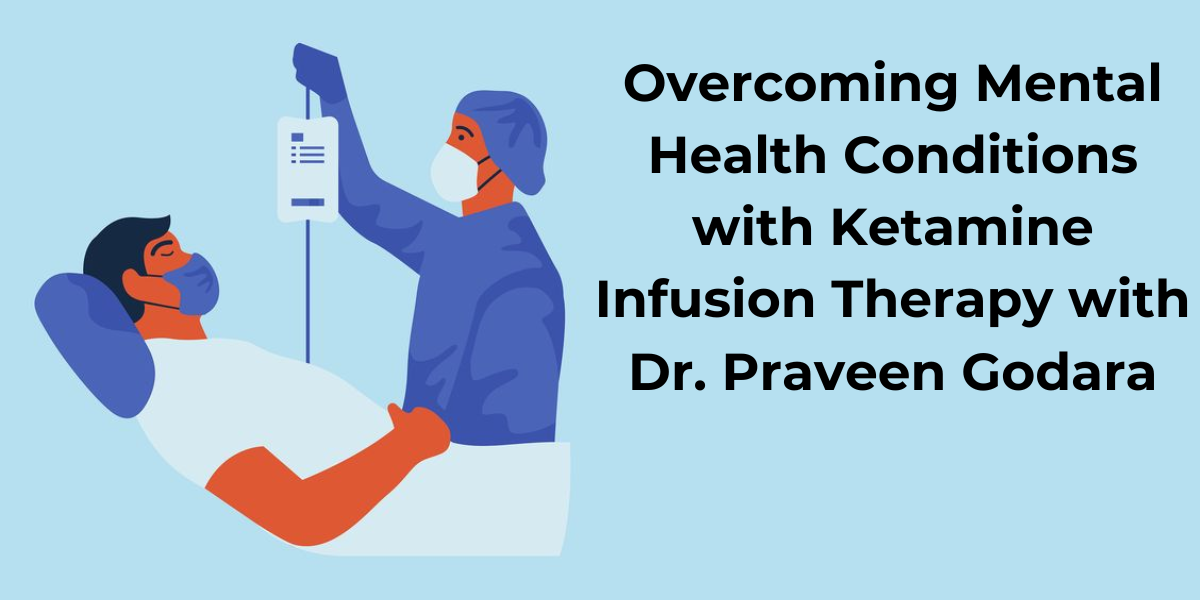Your blog category
“Breaking Free from Self-Harm: A Guide to Healing”
Everyone needs positive ways to manage life’s challenges. We’re here to guide you toward healthier alternatives to self-harm.
Defining Self-Harm: An Insight into the Behavior
When depression and anxiety overwhelm someone, they may seek a way to release the intense emotions they’re feeling. One such coping mechanism is self-harm. Self-harm, or self-injury, involves intentionally hurting oneself as a way to manage or release emotional pain. It’s important to understand that self-harm is not typically an attempt to end one’s life. Instead, it is often a way of coping with overwhelming feelings when individuals feel they have no other outlet.
Exploring the Different Ways People Engage in Self-Harm
Self-harm can take on many different forms, and it’s important to recognize that it isn’t limited to the commonly portrayed behaviors, such as cutting. Essentially, self-harm encompasses any action where someone intentionally inflicts pain on their own body. Each person’s experience with self-harm may look different, and understanding this is key in offering support and care.
- Cutting or slicing the skin
- Scratching or digging at the skin
- Burning the skin intentionally
- Carving symbols or words into the skin
- Hitting or punching oneself, including head-banging or striking other body parts
- Using sharp objects, like hairpins, to pierce the skin
- Pulling out hair (trichotillomania)
- Picking at scabs or existing wounds
These are just some examples of self-harm behaviors. It’s important to seek help and support if you or someone you know is engaging in any of these actions.
Signs of Self-Harm
Stigma creates shame and embarrassment, making it hard for people who self-harm to get help. So, look out for yourself and for your friends. If you suspect that someone in your life is selfharming, here are some warning signs to keep in mind:
- Noticeable scars or marks on the skin
- Recent cuts, burns, scratches, or bruises
- Repeatedly rubbing a body part to create friction or burns
- Keeping sharp objects readily available
- Wearing long sleeves or pants, even in warm weather
- Struggles with personal relationships or social interactions
- Ongoing confusion about personal identity
- Emotional instability, impulsive behaviors, or unpredictable actions
- Expressing feelings of helplessness, hopelessness, or worthlessness
These may indicate self-harm behaviors, and it’s important to approach the situation with understanding and support.
Managing Self-Harm: Finding Healthier Ways to Cope
Emotions can feel overwhelming at times, and it’s completely natural to seek ways to cope with life’s challenges. If you’re turning to self-harm to manage your emotions, know that you’re not alone – we’re here to support you. Our goal is to help you find safer, healthier ways to cope and keep you on a path toward healing.
- Seek Support: If you’re experiencing painful emotions, it’s essential to reach out for help. There are people who genuinely care and are ready to help you work through these feelings. Connecting with someone can guide you to healthier ways to manage your emotions and reduce self-harm.
- Get Creative: Engaging in creative activities like drawing, painting, or writing can be an effective way to process emotions. When you feel the urge to self-harm, try channeling that energy into something creative. You don’t have to be perfect – the process itself brings benefits.
- Find Your Calm: A key part of managing the urge to self-harm is discovering healthy alternatives for coping with difficult emotions. Meditation, for example, has been shown to calm the mind. You could try using apps like Headspace to guide you into relaxation and mindfulness.
- Consult a Professional: Self-harm is a serious issue, even though it may not always be linked to suicidal thoughts. The emotional and physical risks are real. Talking to a trained professional can help you understand your emotions better and explore healthier coping mechanisms. Don’t hesitate to reach out for professional support – it’s a crucial step toward healing. You can also confide in someone close to you who can assist in connecting you with the right help.
Understanding the Reasons Behind Self-Harm
Everyone needs a way to handle their emotions. For some, self-harm becomes their chosen coping mechanism to deal with overwhelming feelings and emotional pain.
- Process emotions: Self-harm may help some individuals deal with overwhelming feelings.
- Distraction: It can provide temporary relief from emotional pain.
- Physical sensation: Self-harm can be a way to feel something when numbness sets in.
- Control: It can give a sense of control over emotions and circumstances.
- Self-punishment: For some, it's a way to punish themselves for perceived wrongdoings.
- Express emotions: Self-harm can be a way to express feelings they can't share openly.
Impact of Self-Harm
Self-harm can be harmful in many ways—physically, emotionally, and socially.
Physical Effects of Self-Harm:
- Permanent scars
- Uncontrolled bleeding
- Risk of infection
Emotional Effects of Self-Harm:
- Feelings of guilt and shame
- Reduced self-worth
- Potential addiction to the behavior
Social Effects of Self-Harm:
- Isolation from loved ones
- Strained relationships
- Lying about injuries
Healing from self-harm is possible
Self-harm is often a response to emotional pain. If you're struggling, I see your pain, and recovery is possible. Overcoming self-harm means addressing the emotions behind it. While the process may seem daunting, it’s entirely doable. Here are some steps to guide your recovery:
- First, identify why you're turning to self-harm and why you want to stop. Ask yourself, “What emotions do I feel before, during, and after self-injury? Which ones are helpful, and which are harmful?”
- Find healthier alternatives: If you're self-harming for the physical release, consider exercise as a way to release endorphins. Kickboxing or a good spin class can help. If it's emotional expression, write down your feelings—whether in a notebook or a notes app.
- Address underlying emotions: Explore the root cause, such as guilt. Where is it coming from? Therapy can be beneficial in tackling these deep emotions.
- Reach out for support: Tell someone you trust about what you're going through. It may feel difficult, but opening up can provide the support you need. You can start by saying, “I’m struggling with some painful emotions and could use your support.”
Recovery is a process, but with determination and support, you can make it through. I believe in you.
Contact Us for more information
Dr. Praveen Godara
(MBBS, M.D. Psychiatry)


